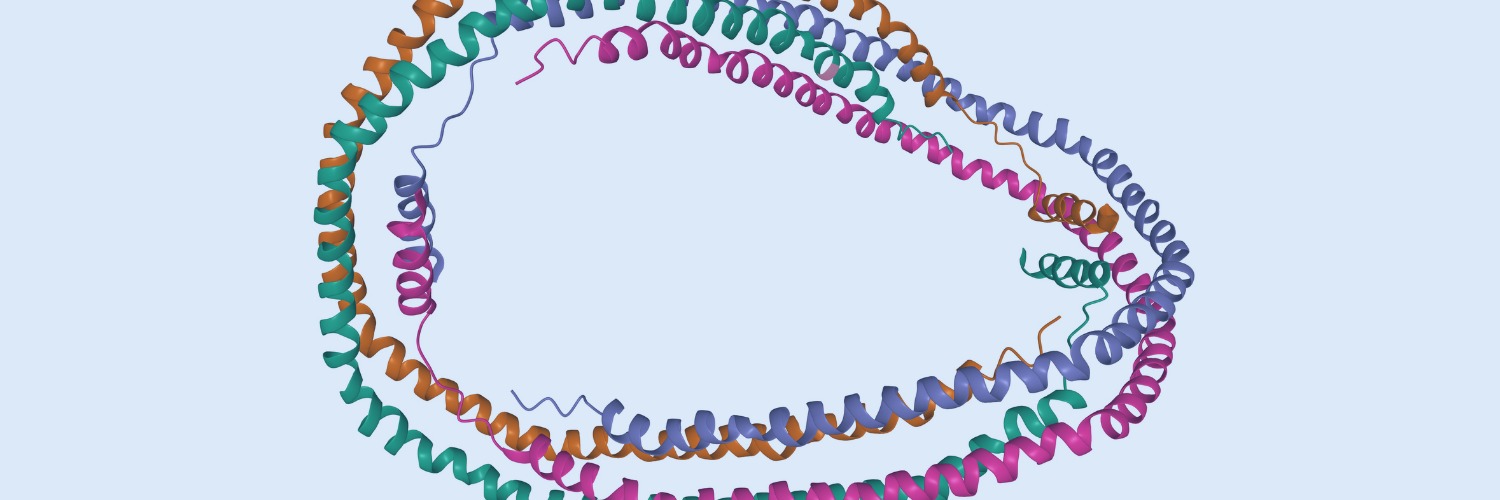The following is a summary of “Impact of an Interdisciplinary Goals-of-Care Program Among Medical Inpatients at a Comprehensive Cancer Center During the COVID-19 Pandemic: A Propensity Score Analysis,” published in the January 2023 issue of Oncology by Hui, et al.
In response to the coronavirus illness pandemic of 2019, several hospitals set up goals-of-care initiatives, but only some shared their results. For a study, researchers investigated the effects of a multifaceted, interdisciplinary goals-of-care program on hospital and intensive care unit (ICU) outcomes for medical inpatients with cancer.
Consecutive adult cancer patients with medical unit admissions at the MD Anderson Cancer Center, Texas, over the 8-month pre-implementation (May 1, 2019–December 31, 2019) and postimplementation periods (May 1, 2020-December 31, 2020) were included in the single-center study using a quasi-experimental design. Mortality in the ICU was the main result. ICU duration of stay, hospital mortality, and frequency of care plan documentation were considered secondary outcomes. Age, sex, cancer diagnosis, race/ethnicity, and Sequential Organ Failure Assessment score were among the possible factors weighted using the propensity score method to account for variations.
About 12,941 hospitalized cancer patients with cancer were included in the study (prior n = 6,977; post n = 5,964), including 1,365 ICU hospitalizations (before n = 727; post n = 638). ICU mortality decreased significantly after implementing a multi-component goals-of-care program (28.2% v 21.9%; change −6.3%, 95% CI, −9.6 to −3.1; P = .0001). In-hospital mortality (7% v 6.1%, mean change −0.9%, 95% CI, −1.5 to −0.3; P = .004) and length of ICU stay (mean change −1.4 days, 95% CI, −2.0 to −0.7; P < .0001) also showed statistically significant reductions. In addition, there was a significant increase in the percentage of hospitalized patients with an in-hospital do-not-resuscitate order from 14.7% to 19.6% after implementation (odds ratio, 1.4; 95% CI, 1.3 to 1.5; P < .0001) and the order was established earlier (mean difference −3.0 days, 95% CI, −3.9 to −2.1; P < .0001).
The results of the study demonstrated that a system-wide, multicomponent goals-of-care intervention improved hospital outcomes and care plan documentation.
Reference: ascopubs.org/doi/full/10.1200/JCO.22.00849



















